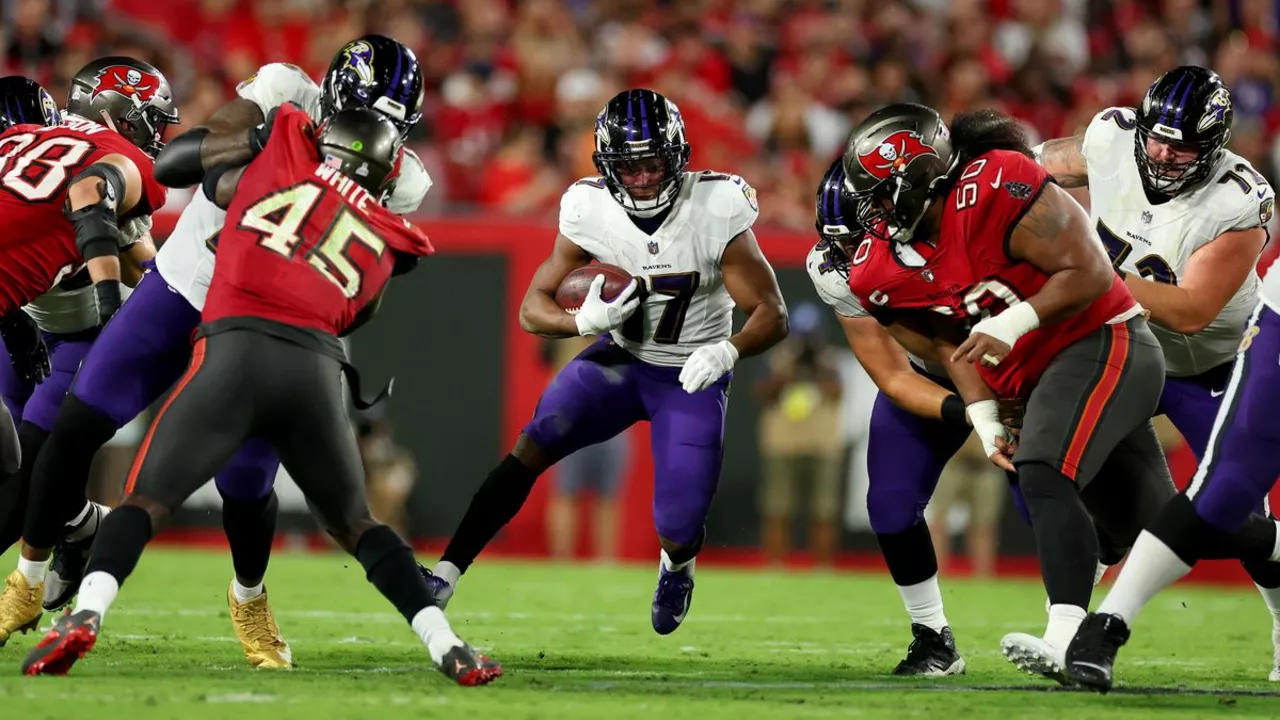Sports Ethics: Why Fair Play Matters in Football
When you step onto the pitch, you’re not just playing a game – you’re part of a community that expects honesty, respect, and safety. Sports ethics is the rule‑book for behavior that goes beyond the official laws. It covers everything from how you treat opponents to the choices you make off the field.
Key Principles of Sports Ethics
First up is fair play. That means respecting the referee’s call, not cheating to win, and playing within the spirit of the game. It’s the difference between a hard‑earned victory and a hollow one that leaves fans feeling ripped off.
Second, there’s respect for opponents. A simple handshake after a match signals that you value the other team as fellow athletes, not just a hurdle to clear. Even in rivalry, good sportsmanship keeps the competition healthy.
Third, integrity off the field matters. This covers issues like doping, gambling, and using performance‑enhancing substances. The temptation to gain an edge can be strong, but the long‑term damage to reputation and health outweighs any short‑term win.
Fourth, responsibility to fans and the community is vital. Players are role models for kids watching from the stands. When a star shows up late or behaves poorly, it sends the wrong message to the next generation.
Lastly, team culture shapes individual choices. A squad that values honesty, supports mental health, and holds each other accountable creates a positive environment where ethics thrive.
Applying Ethics at Andover FC
At Andover Football Club, we embed these principles into every training session. Coaches start each practice with a quick talk about respect and ask players to share one way they’ll uphold it that week.
We also run a mandatory workshop on anti‑doping. It explains how banned substances work, the risks, and how to spot suspicious offers. By giving players clear info, we make the right choice the easy choice.
Parents are part of the plan, too. We send out guides on how to support their kids’ love for the game without pressuring them to win at any cost. When families understand the value of sportsmanship, they reinforce it at home.
Fans get a voice as well. We host monthly meet‑ups where supporters can ask questions about club policies, suggest improvements, and hear directly from players about what ethics mean to them.
If a breach does happen, we follow a transparent process. The player meets with the coaching staff, hears the impact of their actions, and works on a corrective plan. This not only fixes the issue but shows the community that we take ethics seriously.
All these steps help keep Andover FC a place where talent can grow without compromising values. When you watch a match at the Recreation Ground, you should feel proud that the players on the field are representing the best of the sport.
So remember, sports ethics isn’t a vague idea – it’s a daily practice. Whether you’re a 7‑year‑old kicking a ball for the first time or a veteran striker, the same rules apply. Play fair, respect others, stay clean, and you’ll enjoy the game for its true purpose: the love of sport.
Is it legal for the NFL to fix its own games?
Jul, 12 2023
After digging into the legality of the NFL potentially fixing its own games, it's clear that this is a murky area. While it is not explicitly illegal, it does raise questions about ethics and fairness. The NFL, like any professional sports league, has a vested interest in ensuring games are competitive and entertaining. However, if they were to manipulate outcomes, it could seriously damage their credibility and fan trust. So, while not directly illegal, it's definitely a no-go area for the league.

